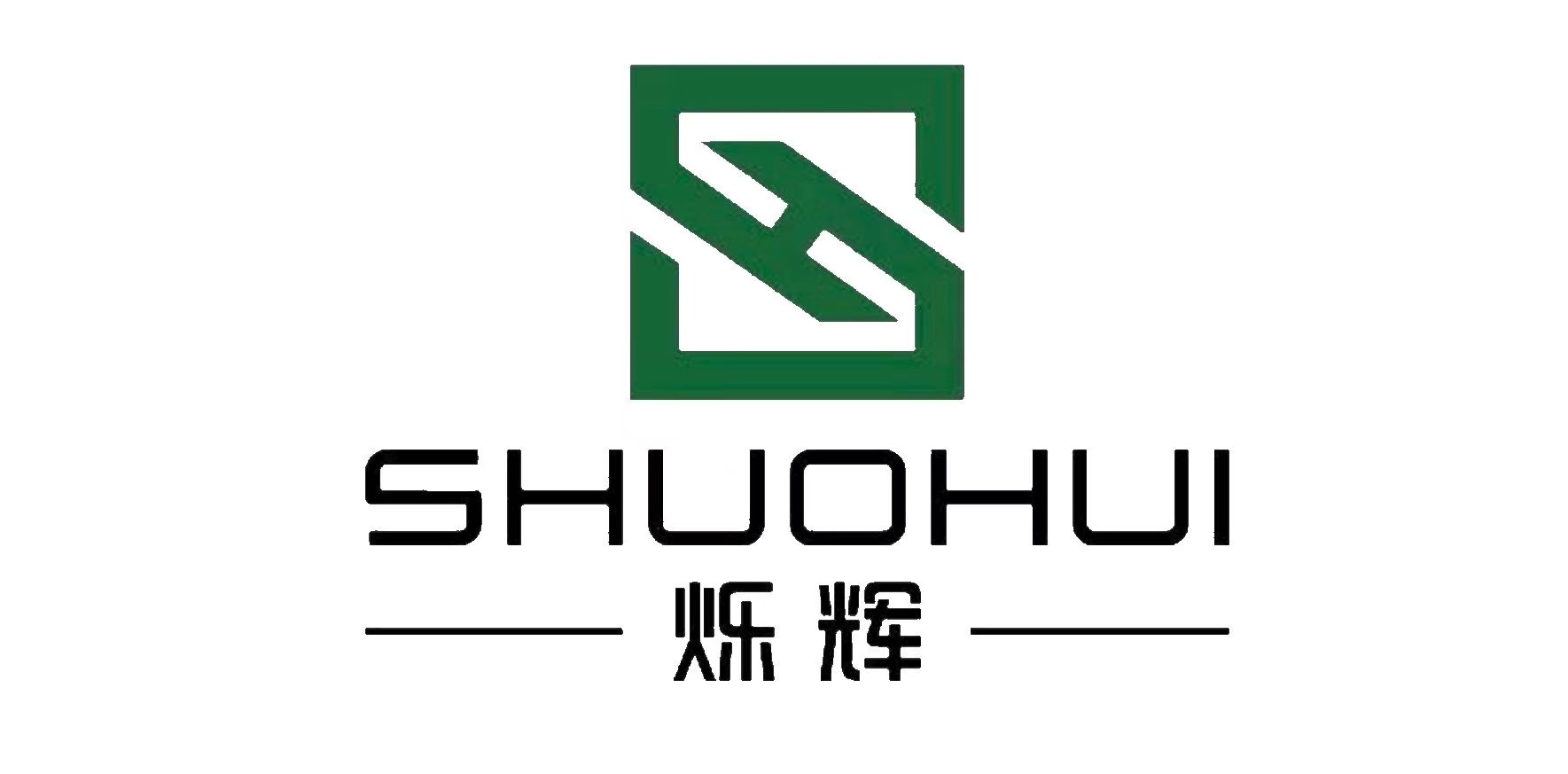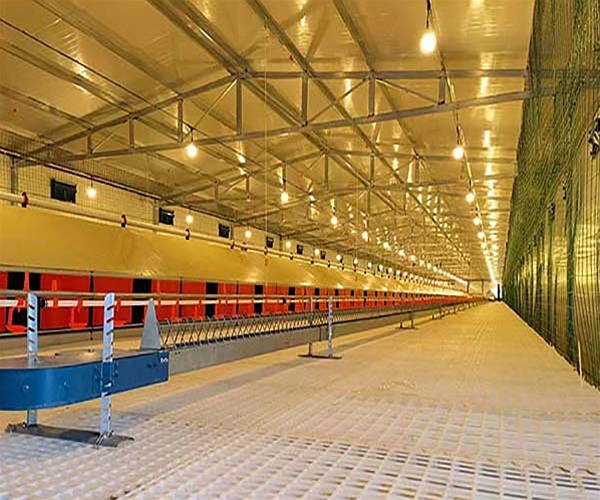With continuous advancements in technology, the modernization of agriculture, especially the livestock industry, is accelerating. Fully automated egg chicken farming, as a new type of farming model, is gradually becoming the mainstream trend in the egg production sector. Automation systems can significantly improve production efficiency, reduce labor costs, and enhance the welfare of chickens, while also promoting the sustainability of farming practices. This article explores the latest trends and technological developments in the fully automated egg chicken farming industry.
1. Widespread Adoption and Improvement of Automation Equipment
The core of fully automated egg chicken farming is highly intelligent farming equipment, such as automatic feeding systems, automatic watering systems, automatic egg collection systems, and automatic manure removal systems. These devices utilize advanced sensors, artificial intelligence (AI), and the Internet of Things (IoT) to enable real-time monitoring and management of the farming environment. For example, an automatic feeding system can adjust the amount of feed based on the growth stage and dietary needs of the chickens, ensuring their nutritional requirements are met precisely; while an automatic manure removal system regularly cleans the chicken house, maintaining a hygienic and clean environment.
In recent years, with continuous technological improvements, the accuracy and reliability of these automation systems have greatly increased, and their failure rates have significantly decreased. In the future, smarter and more automated equipment will become more widely adopted, providing more efficient and sustainable solutions for the farming industry.
2. Data Management and Integration of Artificial Intelligence
Modern egg chicken farming goes beyond relying solely on automation equipment, with a growing emphasis on the use of data-driven management. By collecting data through sensors and integrating it with big data analysis and AI technology, farming operations can more accurately control and optimize the entire farming process. For instance, by monitoring data on chickens’ growth, eating habits, and body temperature, the system can analyze their health status and growth trends in real time, providing personalized farming recommendations and early warnings of potential health risks.
Additionally, data-driven decision support systems can optimize feed formulations, chicken health management, and resource allocation throughout the production process, helping farms reduce waste, increase efficiency, and lower operational costs.
3. New Environmental and Sustainability Requirements
With the global rise in environmental awareness and the promotion of sustainable development concepts, the egg chicken farming industry is also moving toward more environmentally friendly and sustainable practices. The introduction of fully automated systems has reduced human intervention and lowered the risk of environmental pollution. Moreover, automation systems allow for more efficient use of energy and resources, such as precisely controlling the amount of feed and water used, achieving optimal resource allocation, and minimizing waste.
The management of waste is another critical aspect of fully automated farming. Automatic manure removal systems can regularly remove waste, preventing the accumulation of manure and minimizing environmental pollution. Furthermore, by converting chicken manure into organic fertilizer or using it for biogas energy generation, farms not only reduce pollution but also promote resource recycling in the farming industry.
4. Future Outlook
As technologies such as artificial intelligence, the Internet of Things, and robotics continue to evolve, fully automated egg chicken farming is expected to become even more intelligent and precise. For example, future farming systems may be able to achieve higher levels of self-learning and adaptation, autonomously adjusting farming methods according to changes in the environment or the health status of the chickens. Meanwhile, the focus on green, environmentally friendly practices and resource conservation will become even more integrated into farming, driving the industry toward a more sustainable and intelligent future.
Overall, the technological advancements and trends in the fully automated egg chicken farming sector will push the industry toward greater efficiency, environmental sustainability, and intelligence. As automation technology continues to mature, the future of farming will no longer rely on traditional labor-intensive methods, but will instead evolve into a highly efficient, precise, and environmentally sustainable modern agricultural system.

